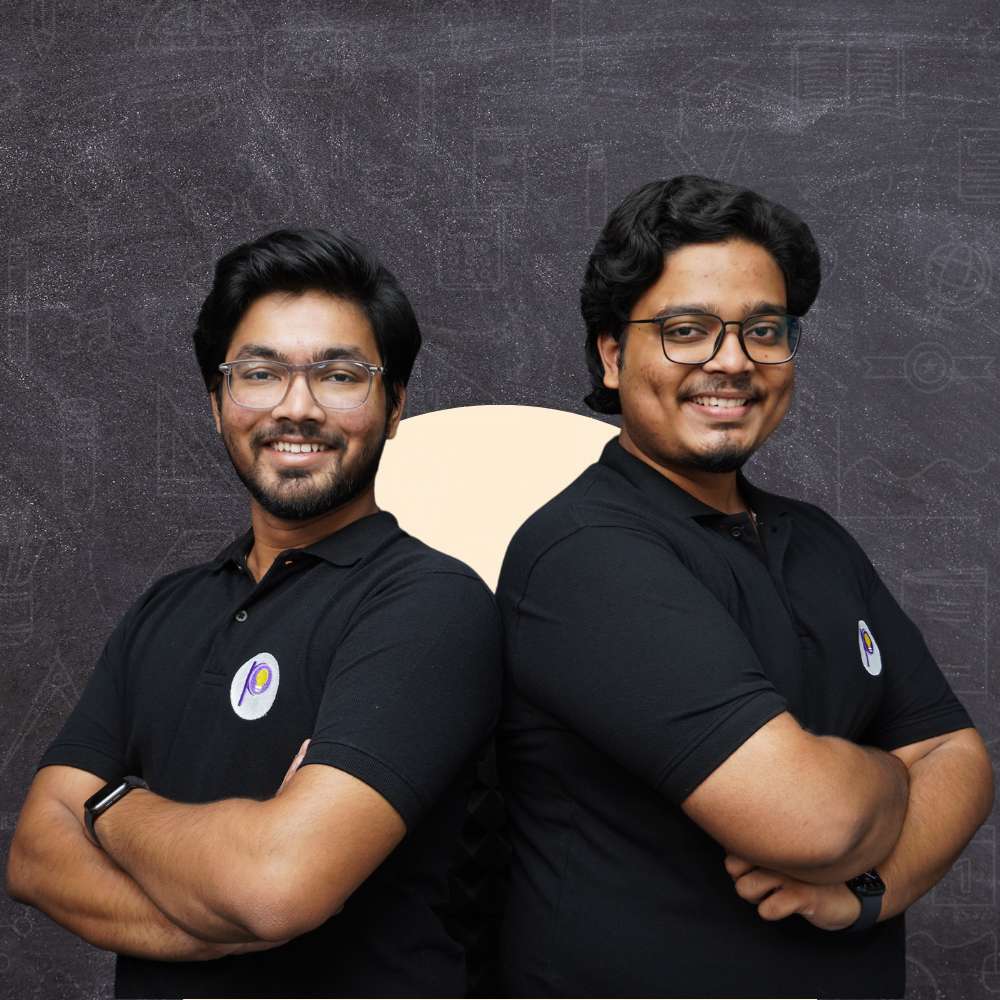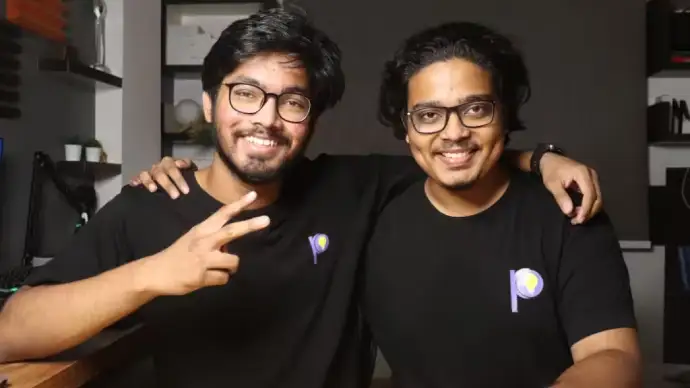Important Previous Year Questions for Class 10 English Chapter 2 Nelson Mandela: Long Walk to Freedom
Important Previous Year Questions for Class 10 for English Chapter 2 Nelson Mandela: Long Walk to Freedom. In this post, we will share with you all the detailed Important Previous Year Questions for Class 10 English Chapter 2 Nelson Mandela: Long Walk to Freedom. This will contain Important Questions that are usually asked in the exams or that cover important concepts of the chapter and Previous Year Questions.
Why are PYQs Important?
Previous Year Questions give an idea of how the chapter is usually put forward in the exams. What are the type of questions that are usually asked from a chapter, and what concepts are the most important where we need to focus more.
Hence, it’s very important to understand Important Previous Year Questions and Answers.
- Get NCERT Solutions of all Science Chapters of Class 10
- Get NCERT Solutions of all Mathematics Chapters of Class 10
- Get NCERT Solutions of all Social Science Chapters of Class 10
- Get Notes, PYQs, Free E-Books, and other material for Class 10
- Join our Telegram Channel for Latest Updates here
[adinserter block=”3″]
Class 10 English Chapter 2 Nelson Mandela: Long Walk to Freedom
[twy_show_add_bookmark]
Question 1:
Who was Zenani?
Answer:
Zenani was the daughter of Nelson Mandela.
Question 2:
What do you understand by Apartheid’?
Answer:
‘Apartheid’ is a political system that divides people according to their race. In this system, black-colored people in South Africa were not free even to discharge their personal and social obligations of being parents, sons, and husbands, etc.
Question 3:
What did Mandela think for the oppressor and oppressed?
Answer:
Mandela always thought that both oppressor and oppressed are deprived of their humanity. The oppressor is a prisoner of hatred while the oppressed has no confidence in humanity so both of them need to be liberated.
Question 4:
What are the ideals which Mandela set for the future of South Africa in his swearing-in ceremony?
Answer:
Mandela emphasized liberating all the people from poverty, deprivation, suffering, gender, and other discriminations in his swearing-in ceremony.
Question 5:
Why did the inauguration ceremony take place in the amphitheater formed by the Union Building in Pretoria?
Answer:
It was the first democratic, non-racial government taking oath in South Africa. The ceremony was attended by dignitaries from more than 140 countries around the world and thousands of the people of South Africa of all races to make the day memorable. So, it took place in, the amphitheater formed by the Union Building in Pretoria.
Question 6:
Could everyone fulfill the obligations personal or social in South Africa?
Answer:
No, everyone was not free to fulfill their obligations because of the color of the skin. If a person tried to fulfill their obligations, they were punished and isolated for being a rebellion.
[adinserter block=”3″]
Question 7:
Why was Nelson Mandela changed into a bold man?
Answer:
Nelson Mandela was changed into a bold man due to his desire of the freedom for his country and his countrymen. He wanted to live a life with dignity as he could not enjoy the limited freedom.
Question 8:
What are the ‘twin obligations’ referred to by Nelson Mandela?
Answer:
According to Nelson Mandela, every man has two obligations in life. The first obligation is to his family, to his parents, wife and children. Secondly, he has an obligation to his country, people, and community.
Question 9:
What is the meaning of courage to Mandela?
Answer:
According to Mandela, courage was not the absence of fear, but triumph over it. The brave man is not he who does not feel afraid, but he who conquers that fear. Mandela learned the true meaning of courage from his comrades in the struggle.
Question 10:
Describe the views of Mandela for the black people who fought and sacrificed their likes for the country’s political independence?
Answer:
Mandela always said that political freedom was the result of the sacrifices of thousands of black people who fought for that. He said that it could not be repaid. He thought of himself as the sum of all of those African patriots. He regretted that he could not thank them. He cursed the policy of apartheid that wounded the people of his country, which would take centuries to heal.
He also said that the oppression and brutality of the white people produced great freedom fighters like Oliver Tambo, Walter Sisulu, Luthuli, Dadoo, Fischer, Sobukwe, and many more. They were the men of courage, wisdom, and large-heartedness. They really suffered a lot for the political freedom of the country.
Question 11:
Describe the obligations which the author is talking about and also describe his feelings for them?
Answer:
In the chapter, the author has talked about two obligations for every man. The first obligation is towards his family, parents, his wife, and children. The second is towards his community and his country. Being a social person one has to fulfill these obligations.
But being a black-colored person in South Africa, a man was not free to perform his obligations and got punished if he tried to do that.
Being a child the author never thought of such obligations but after he did so, he fought for the people and the country to be free and enjoy their freedom of performing their duties personal and social.
Question 12:
What were the two anthems sung on the day of the oath-taking ceremony?
Answer:
On the day of the oath-taking ceremony, the two anthems were sung. ‘Nkosi Sikelel-i-Afrika’ was for the whites and ‘Die stem’ was for the blacks. ‘Die stem’ was the old anthem of the country.
[adinserter block=”3″]
Question 13:
Describe Mandela’s life journey from a prisoner to the first black President of South Africa.
Answer:
Nelson Mandela did a life-long struggle against racial discrimination in South Africa. He had to pass many years of his life as a prisoner in jail. At last, the first democratic elections were held in South Africa. His party won 252 seats out of 400 and he became the first black President of South Africa.
Question 14:
Describe the value of freedom for human beings and how it is important for the growth of civilization and humanism as described in the lesson ‘Nelson Mandela: Long Walk to Freedom’.
Answer:
Everybody whether human or other creatures wants to live free as freedom is natural to all living beings. The value of freedom is better known to that human being who has not tasted it till he gets it. A person who is chained with the limits and not allowed to perform his duties freely, values freedom more than anyone else. For instance, the value of freedom is known better to Mandela who remained behind the bars most of his life. Think about a bird or animal which is caged as they have the habit of living with full freedom but in the cage, they are not free and their conditions are very pitiable. Similarly, life becomes hell if we are deprived of freedom. There is no growth of civilization as it grows only when one has freedom. Similarly, humanism grows in the atmosphere of freedom.
Question 15:
How does Mandela describe the systems of government in his country
(i) in the first decade, and
(ii) in the final decade, of the twentieth century?
Answer:
In the first decade of the 20th century, the whites erected a system of racial discrimination against the blacks. They set up the most inhumane system of apartheid where the blacks were denied the fundamental right of freedom. In the last decade of the twentieth century, the system was overturned. The policy of apartheid was uprooted from the land and a new non-racial democratic government was installed to ensure equal rights and freedom to all the people of South Africa.
Question 16:
What did being free mean to Mandela as a boy, and as a student? How does he contrast these “transitory freedoms” with “the basic and honourable freedoms”?
Answer:
Freedom had different meanings for Mandela at different stages. As a boy, freedom for him meant to run freely in the fields and to swim in the stream. As a student he wanted freedom to stay out at nights, to read what he liked, later he realised that this freedom was an illusion. He found that all the black brothers and sisters were in chains. There was no freedom for a respectful life. Their freedom was curtailed at every stage. He wanted the basic and honourable freedom of achieving his potential of earning his keep, of marrying and having a family. He believed that freedom is indivisible. Everyone has to be free.
Question 17:
What were Mandela’s opinions about the first and last decades of the twentieth century? Why does he say on the day of the inauguration that he was overwhelmed with a sense of history?
Answer:
On the day of the inauguration, the speaker’s mind went back to history. He remembered the first decade when the whites ruled over South Africa and they made discriminated against the blacks. They built a system of racial discrimination against the blacks. Their behavior was full of cruelty. They meted out inhuman treatment to the blacks. But now in the last decade of this century, this cruel system was overturned. Now a new system replaced it. It was the first democratic government of South Africa. Now there will be no discrimination on the basis of color.
That is why, on the day of the inauguration, he was overwhelmed with a sense of history.
[twy_show_add_bookmark]
[adinserter block=”3″]
For More Content related to Class 10 –
- Get NCERT Solutions of all Science Chapters of Class 10
- Get NCERT Solutions of all Mathematics Chapters of Class 10
- Get NCERT Solutions of all Social Science Chapters of Class 10
- Get Notes, PYQs, Free E-Books, and other material for Class 10
- Join our Telegram Channel for Latest Updates here
[adinserter block=”3″]










